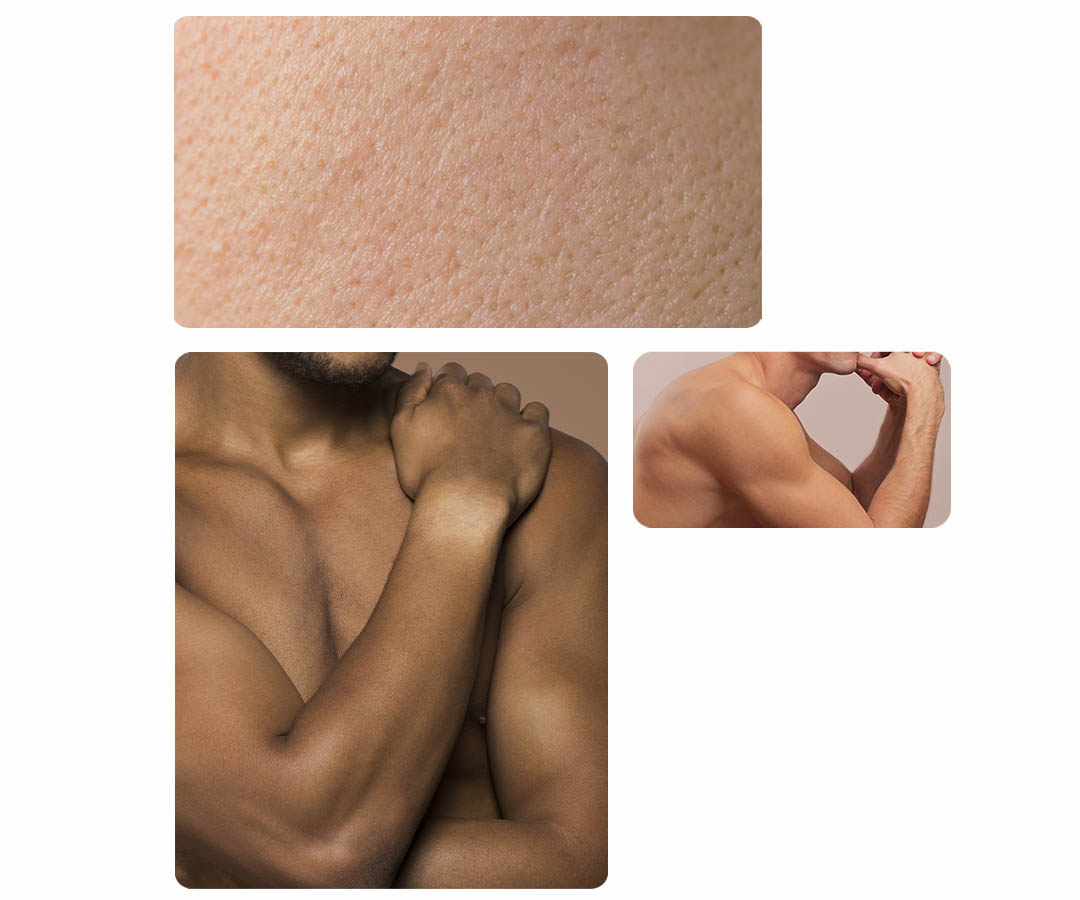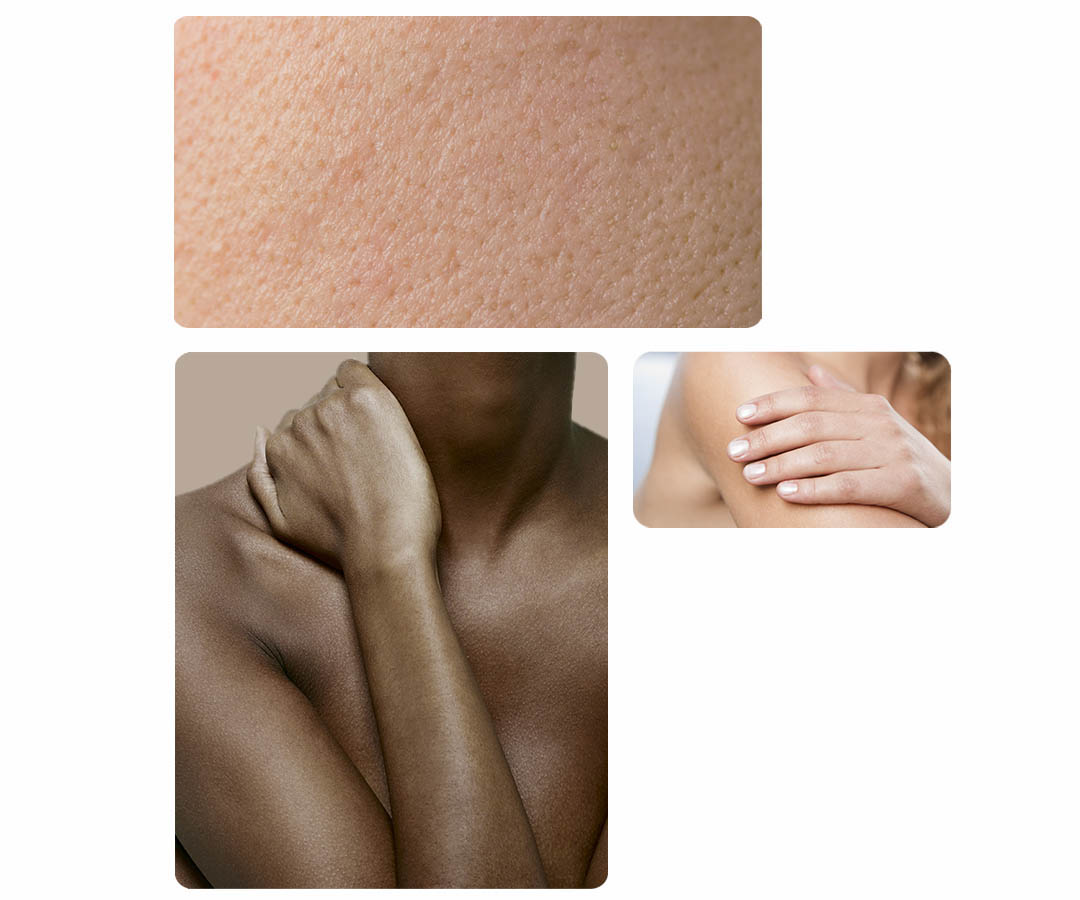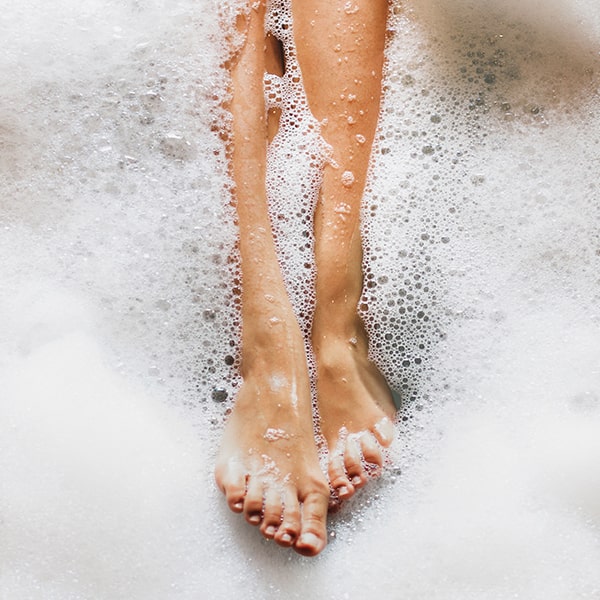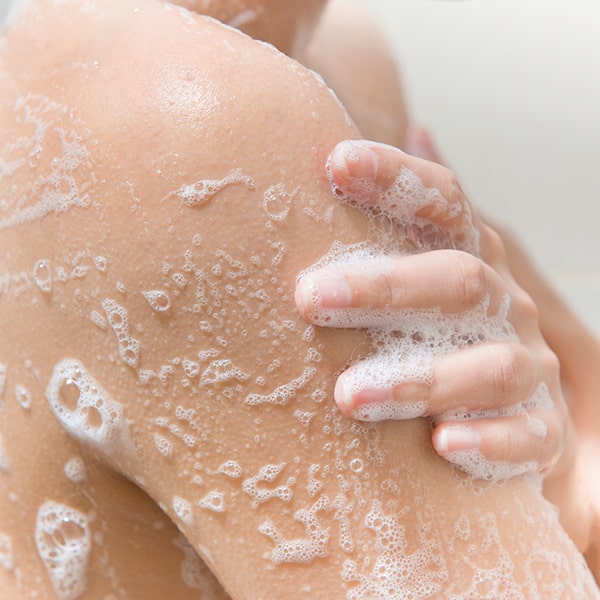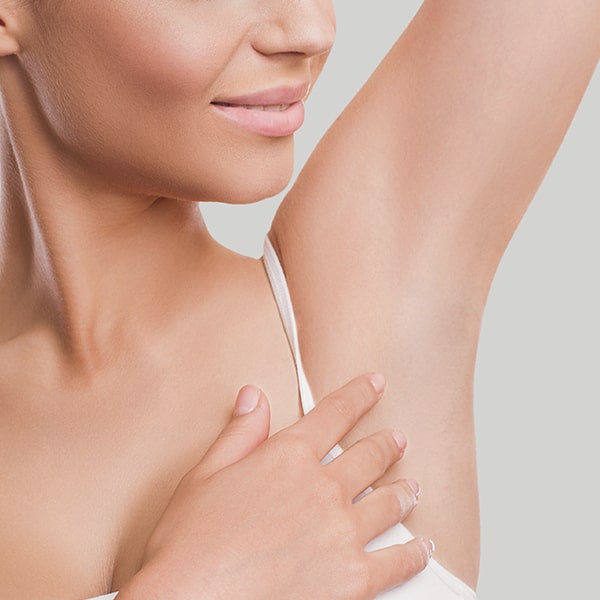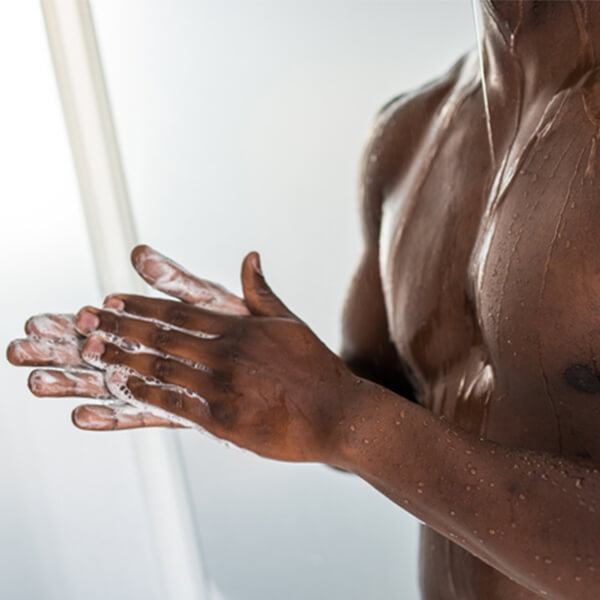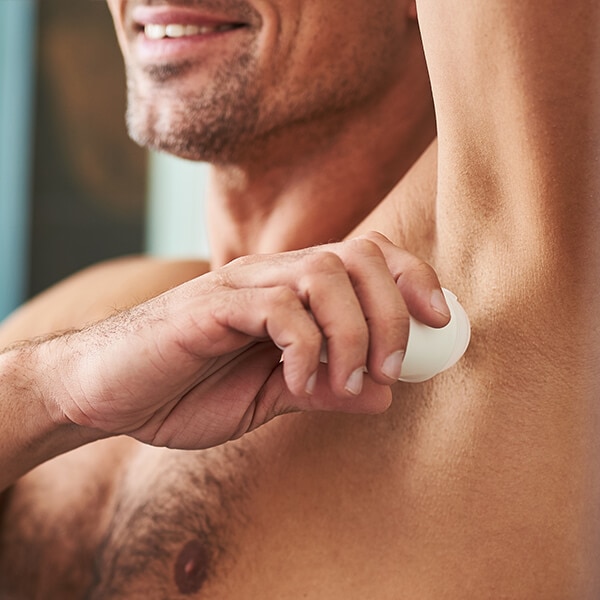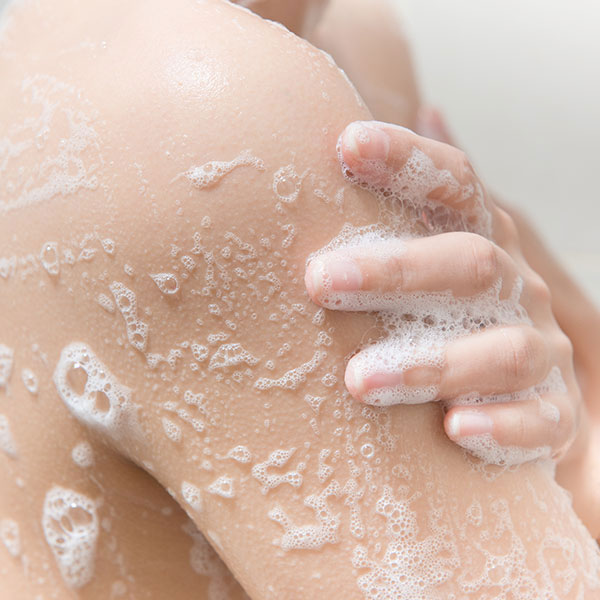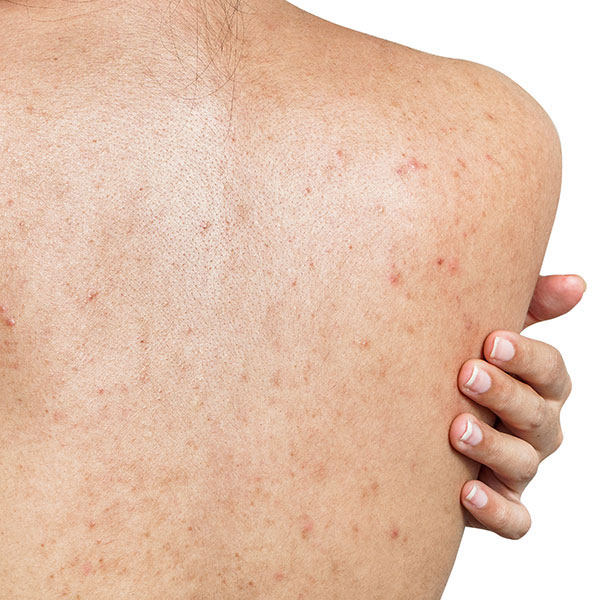YOUR RESULTS
You have Oily skin
Oily skin occurs when the skin’s sebaceous glands produce too much sebum, or oil, which can make it look shiny or greasy. Pores are often enlarged, and excess sebum can clog them and lead to acne. Hormonal changes can also cause oily skin.
It’s important not to overload oily skin, and to help it to naturally limit its oil output and reduce impurities without stripping it of moisture. Choose pH-neutral skincare products that are tailored to help oily skin restore and retain balance by hydrating it without making it greasy.
Take special care of your oily skin in hot weather, as heat can lead it to produce more oil.







